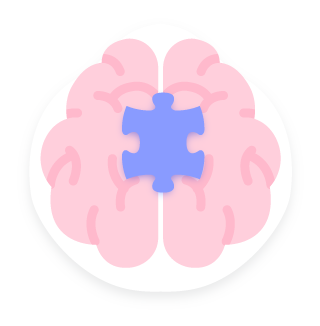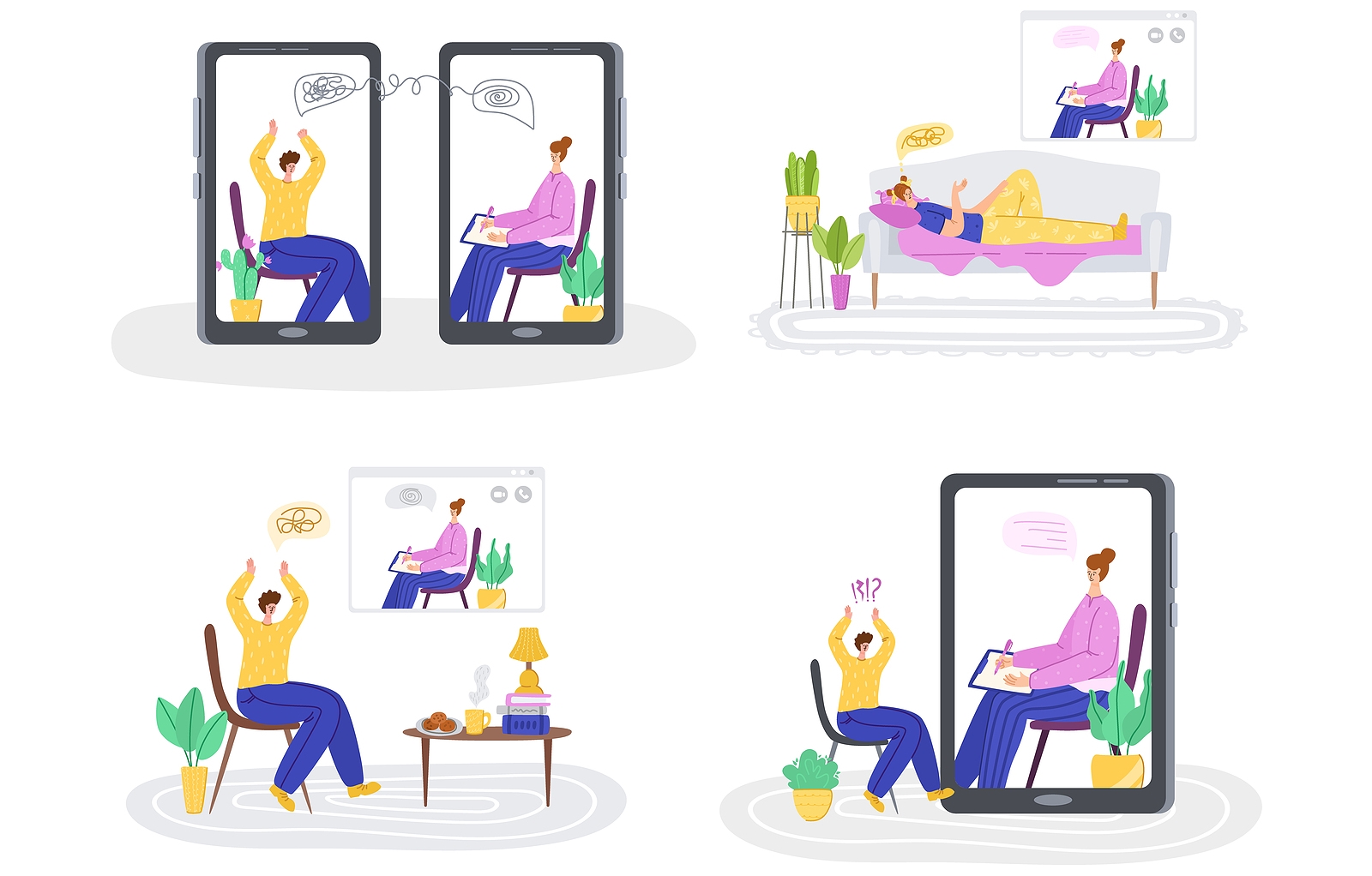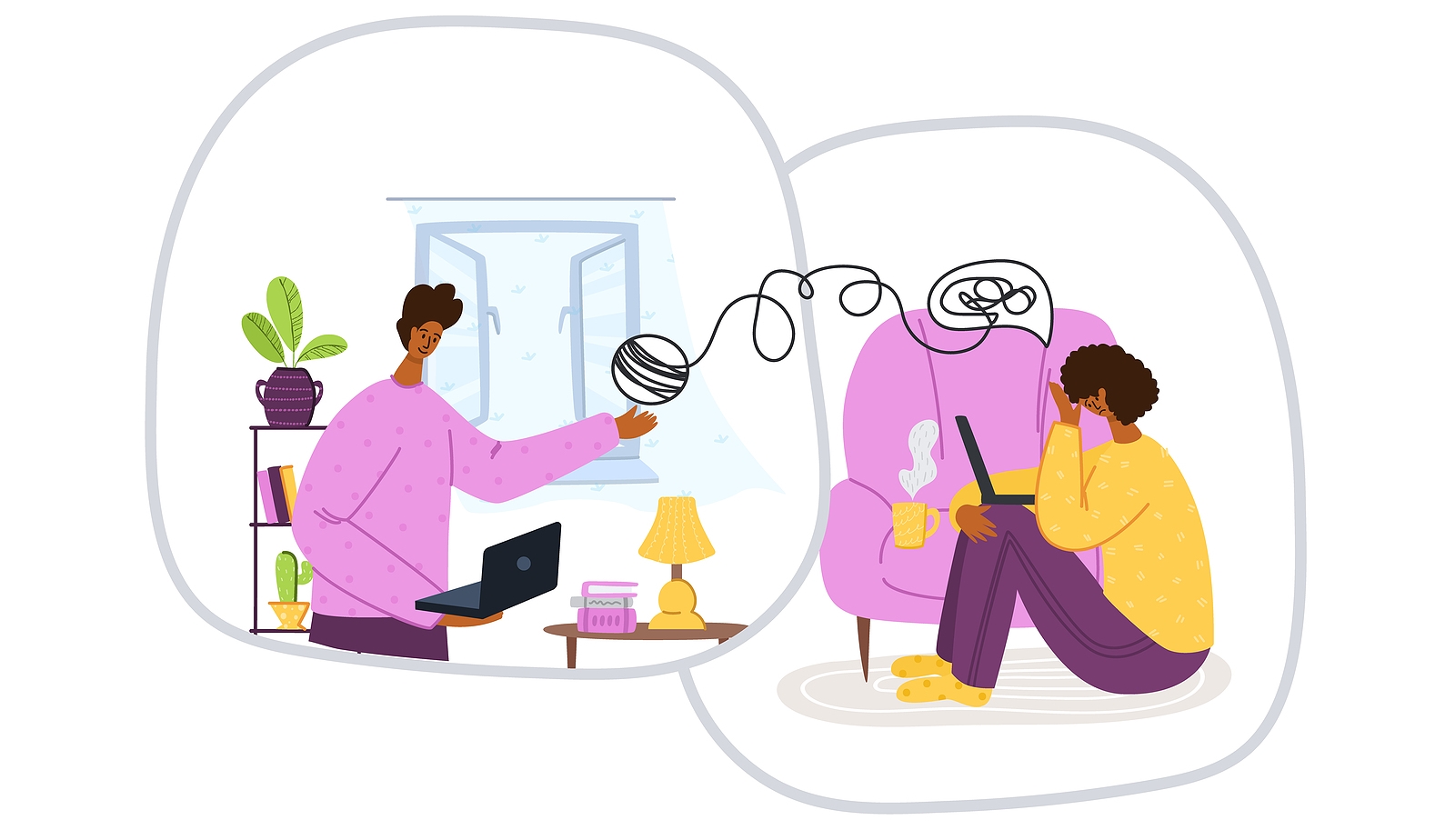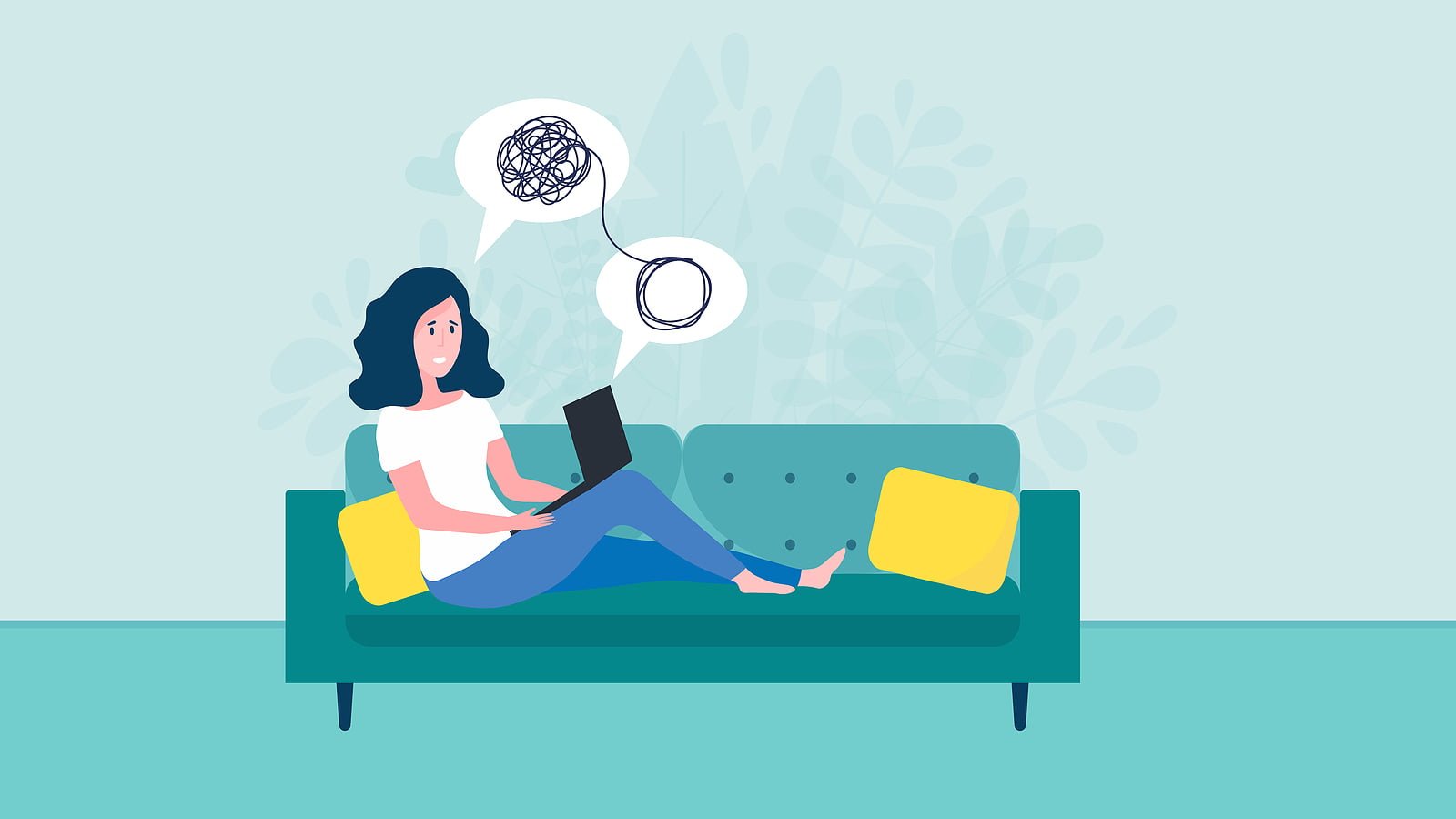DBT mindfulness exercises will enable most clients to achieve a modicum of emotional stability and may negate the need for them to seek assistance in powerful prescription drugs.
DBT Mindfulness Skills
The 4th and last of the Dialectical Behaviour Therapy (DBT) core skills is Mindfulness. Unless one cultivates DBT Mindfulness Skills it will be extremely difficult to alter deeply embedded patterns of thinking and acting. Mindfulness is also vital if one hopes to regulate their emotions, transcend crises and nurture and maintain productive relationships. Mindfulness is not a new concept. What is new is the way it is employed as part of DBT to treat those with Borderline Personality Disorder, as well as others having a hard time controlling their emotions.


How Mindfulness Works
Mindfulness has been helping people maintain emotional equilibrium for thousands of years. The Buddha promoted mindfulness to his followers some 2,500 years ago, while at nearly the same time in Greece the Stoics were teaching their own brand of mindfulness that emphasized wisdom, justice, courage, and moderation.
Today mindfulness is used to help people struggling with Borderline Personality Disorder, drug addiction and other forms of destructive behaviour, by providing them with a way to detach from the intense emotions that drive so many of their actions. Gaining control of one’s feelings in such a way opens up an entire world of new possibilities and breaks the cycle of action and reaction.
Because the aim of DBT is to teach clients how to regulate their emotions, incorporating Mindfulness is a natural choice. When combined with the other tenets of Dialectical Behaviour Therapy (DBT) Mindfulness Skills can play a central role in helping the client cultivate new and satisfying relationships.
The Other Core Modules of Dialectical Behaviour Therapy
Mindfulness makes up one of the four core modules of DBT training, with the others being:

Emotional Regulation
Exactly how emotions evolved and their original purpose are subjects of much debate and discussion. What matters now is that people with Borderline Personality Disorder (and others) learn how to regulate their emotions in order to fend off counterproductive outcomes. DBT Emotional Regulation Skills will help the client obtain a degree of control they may have thought was unattainable.
Interpersonal Effectiveness
It is our relationships that help us find our way in this world. Those who have difficulty building and sustaining beneficial relationships are at a disadvantage. The Interpersonal Effectiveness module raises awareness of the three different kinds of effectiveness at play in almost every human interaction: Objective Effectiveness, Self-Respect Effectiveness and Relationship Effectiveness, along the way teaching clients how to create boundaries, say “no” and ask for what they need.


Distress Tolerance
Distress Tolerance Skills allow the client to, in essence, put a cap on an immediate emotional crisis and prevent it from spiralling out of control. Distress Tolerance also helps individuals accept situations they cannot change and Distress Tolerance Skills can help someone who is having difficulty dealing with conflicting emotions or desires. Reducing the number and sensitivity of a person’s emotional triggers is one outcome of successful Distress Tolerance instruction.
The Six Core Mindfulness Skills
Dialectical Behaviour Therapy recognises six core mindfulness skills. They are:
- Observation: Taking note of what is happening in the moment, including thoughts, feelings, breathing, pain, sounds, smells or anything else that is occurring in real-time.
- Description: Description entails putting into words those things that you have observed. There is no benefitting from observation without accurate and timely description.
- Participation: In this case, we mean fully participating in whatever activity you are currently engaged in, no matter how mundane. Practice focusing on the here and now and staying present.
- Non-judgmentalism: From a very early age we learn to categorise things as “good” or “bad”. DBT mindfulness skills enable the client to step back from this habit and observe without judgment or expectation.
- Single-mindedness: Practice doing one thing at a time. If you’re watching TV then watch TV. If you are driving then put the phone away and drive.
- Effectiveness: In this case, it means do things that work for you and stop beating your head against the wall trying to make other things work.
These skills will help the client develop their mindfulness which in turn will produce an array of benefits including emotional stability, stronger relationships and fewer rides on the emotional roller coaster.
Conclusion
Dialectical Behaviour Therapy teaches mindfulness skills as one of the four core components of its programme for improving emotional regulation. Without an active mindfulness practice, it can be extremely difficult for those dealing with Borderline Personality Disorder and other forms of destructive behaviour to reduce the chaos in their life and enjoy healthy stable relationships.
Contact DBT London
DBT mindfulness exercises will enable most clients to achieve a modicum of emotional stability and may negate the need for them to seek assistance in powerful prescription drugs. Mindfulness will help emotionally volatile individuals to smooth out the peaks and valleys, to reduce the amount and severity of their judgmentalism and to get the most from the other DBT skills.
